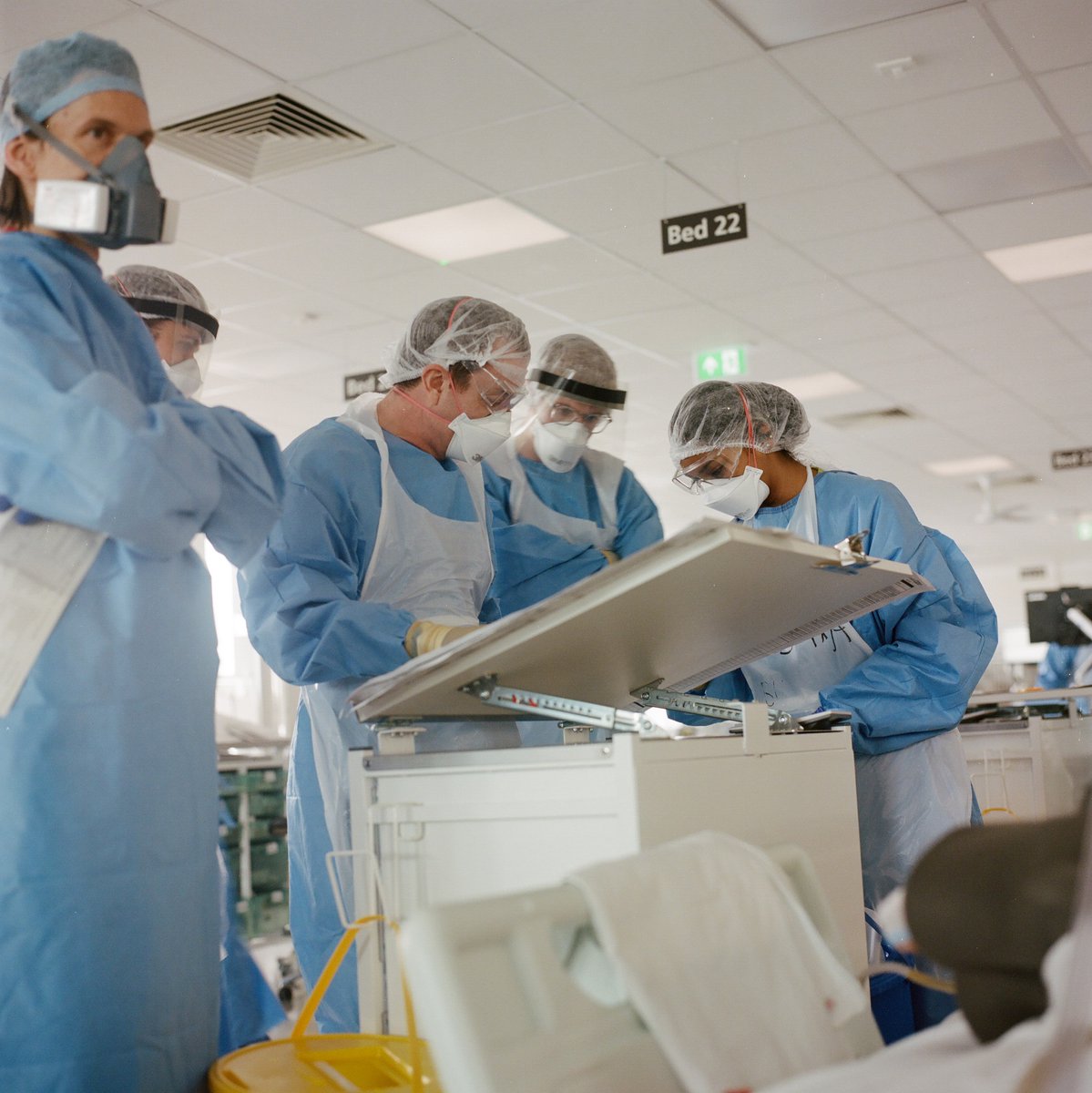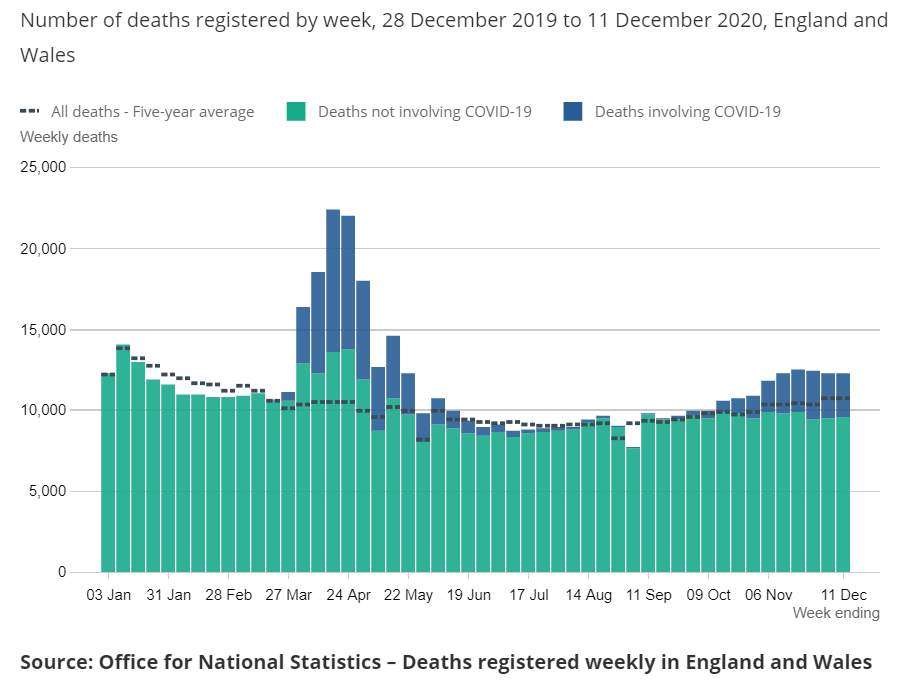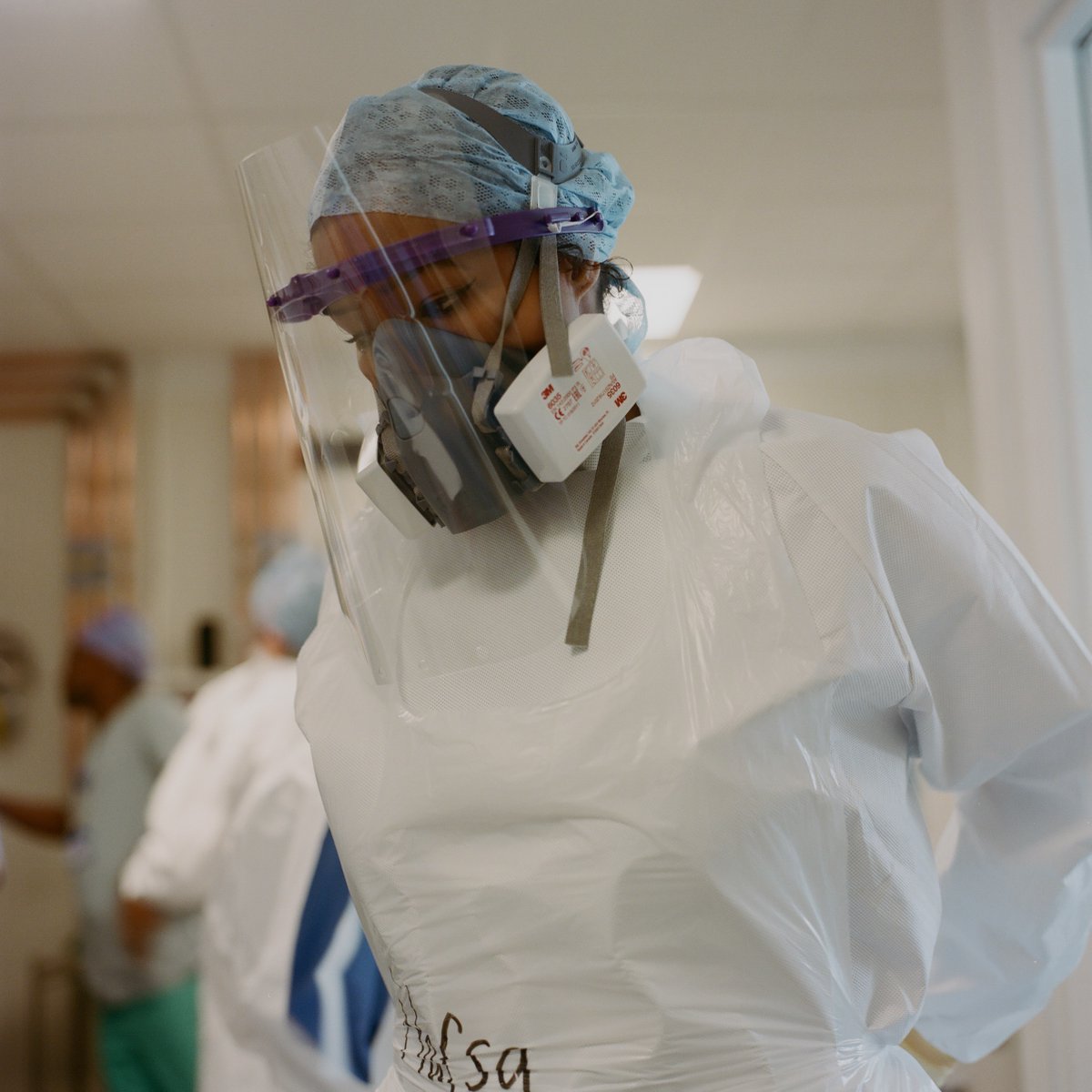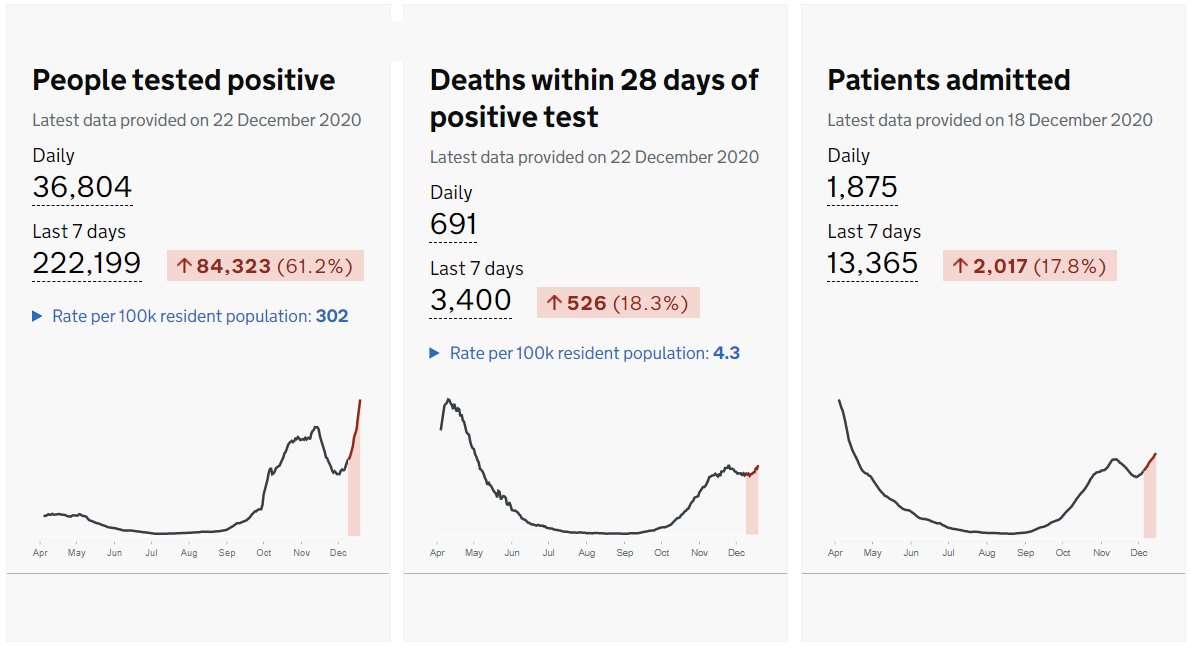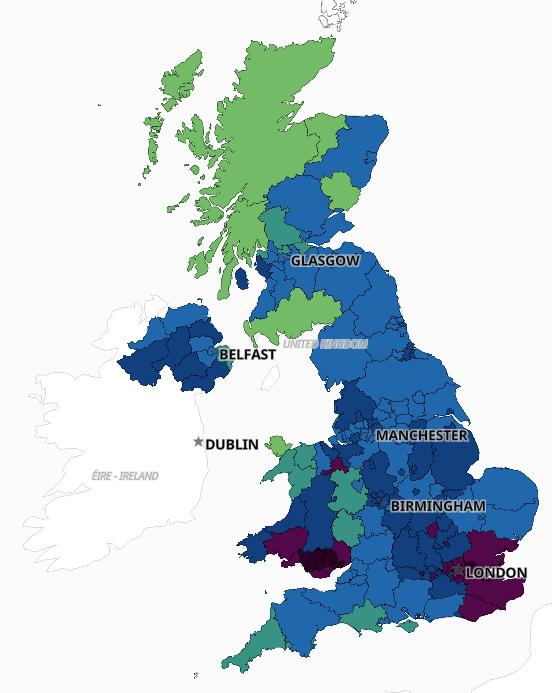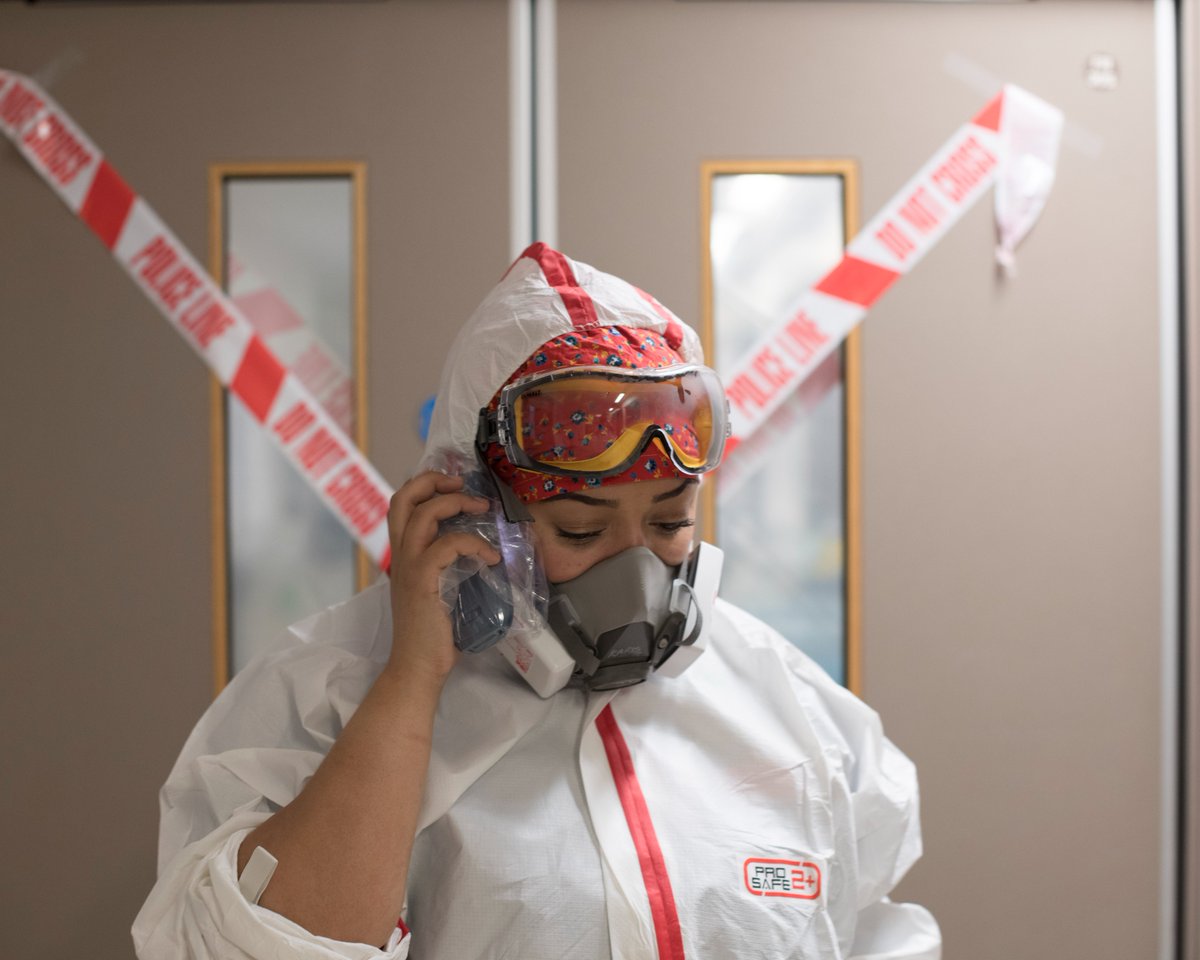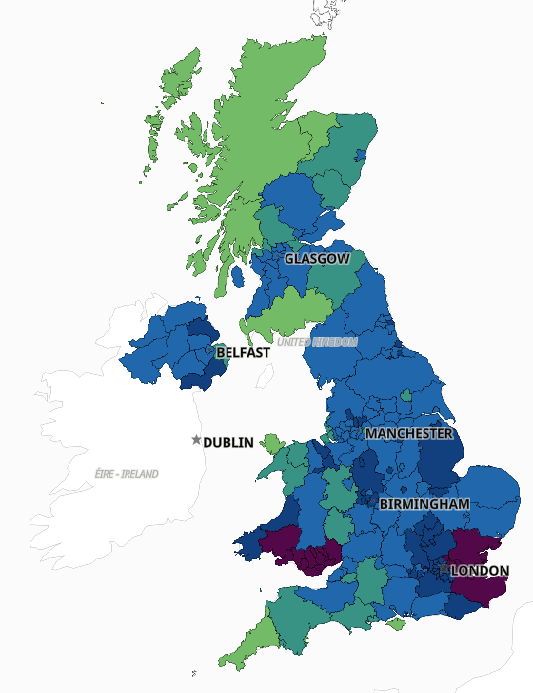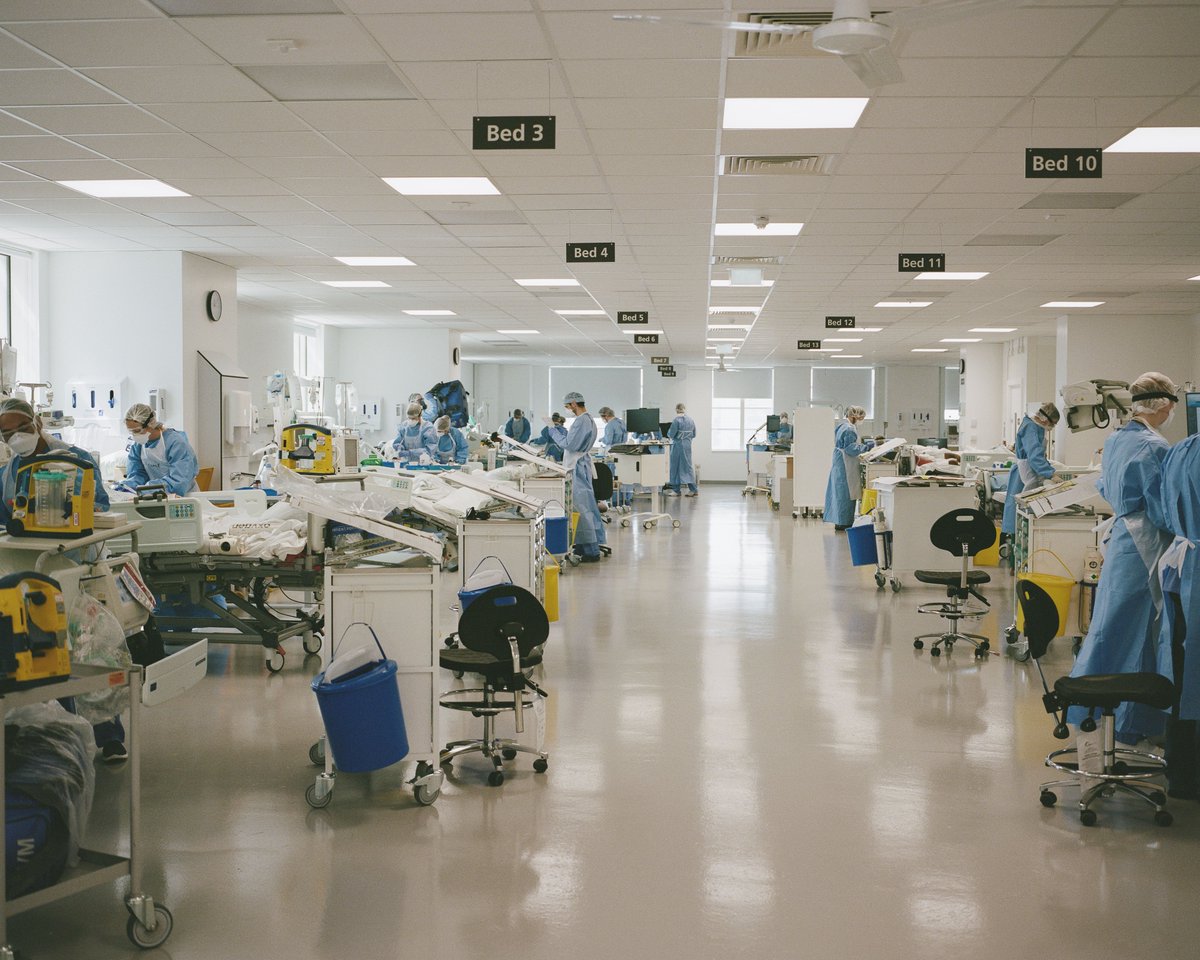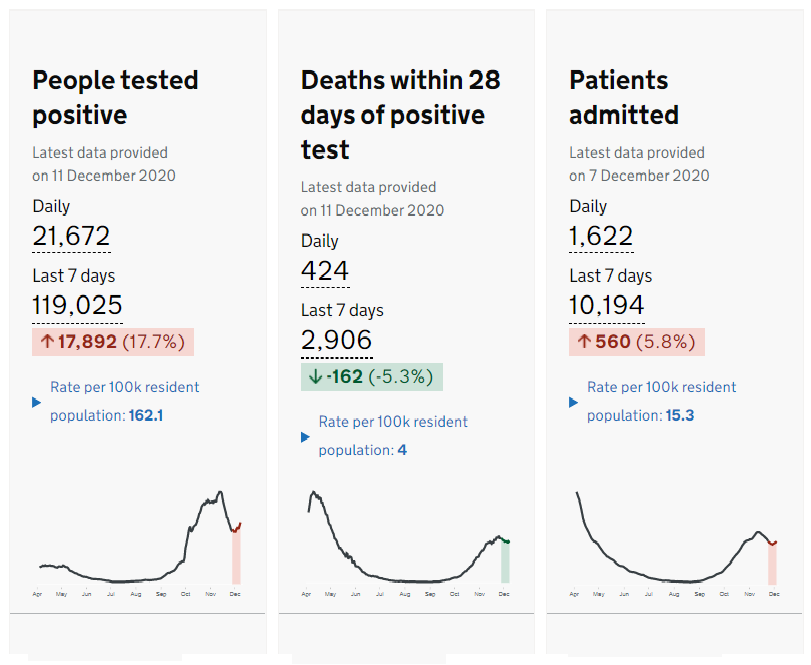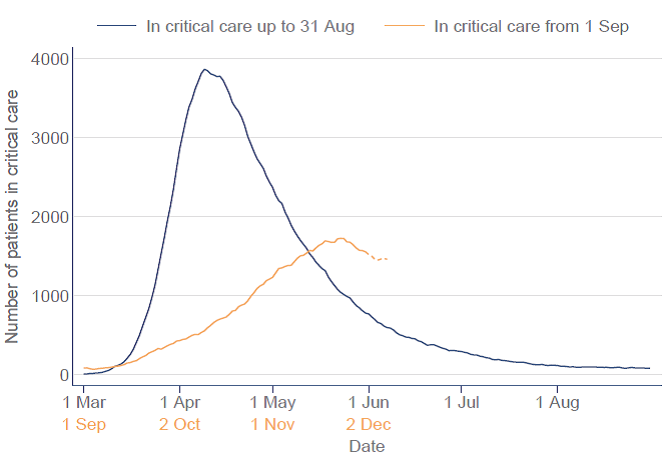
Why did we need a lockdown? For many people, their lives have not (yet) been touched by COVID as an illness – only by public health measures. But we need a lockdown to protect everyone’s healthcare, even those who aren’t ill. Here's why... 1/8 

NHS hospitals are under extreme pressure. We now have more than 21,000 hospitalised patients with COVID-19. This number continues to rise and will carry on rising for most of January. Many of these patients will need to stay in hospital for several weeks. 2/8 

The NHS cannot and will not turn emergency patients away. We treat every patient who comes to hospital. But when hospitals fill with emergency patients, there is always an impact on elective (planned) care. This often happens in Winter but is far far worse this year. 3/8
More than 82,000 people have died with COVID-19 so far. But more people die from other causes, even at the peaks of infection. The pandemic has mopped up all the spare NHS capacity and more besides. We have no choice but to move resources in response to the crisis. 4/8 

This means surgery and out-patient clinics are cancelled so doctors, nurses and other staff can look after COVID patients in hospital. Non-emergency treatment of cancer, heart disease, diabetes and many other illnesses is delayed. Every patient is affected one way or another. 5/8
In the last few days, doctors and nurses from all fields have volunteered to work alongside our trained ICU nurses supporting them with patient care. We couldn’t have managed without them but we know that, by helping us, they have left an unmet need elsewhere. 6/8 

Some argue the pandemic isn’t bad where they live. But if your nearest hospital is in a city with lots of COVID patients then YOUR healthcare is affected. If you have an accident, heart attack or stroke, you may need specialist treatment in a hospital miles from your home. 7/8 

So whether you are young or old, live in a rural area or a busy city, healthy or have a long-term illness, the NHS cannot protect you today as it would normally. This is why the lockdown keeps us ALL safe and well. So thank you for all you do. It truly makes a difference. 💙8/8
• • •
Missing some Tweet in this thread? You can try to
force a refresh



